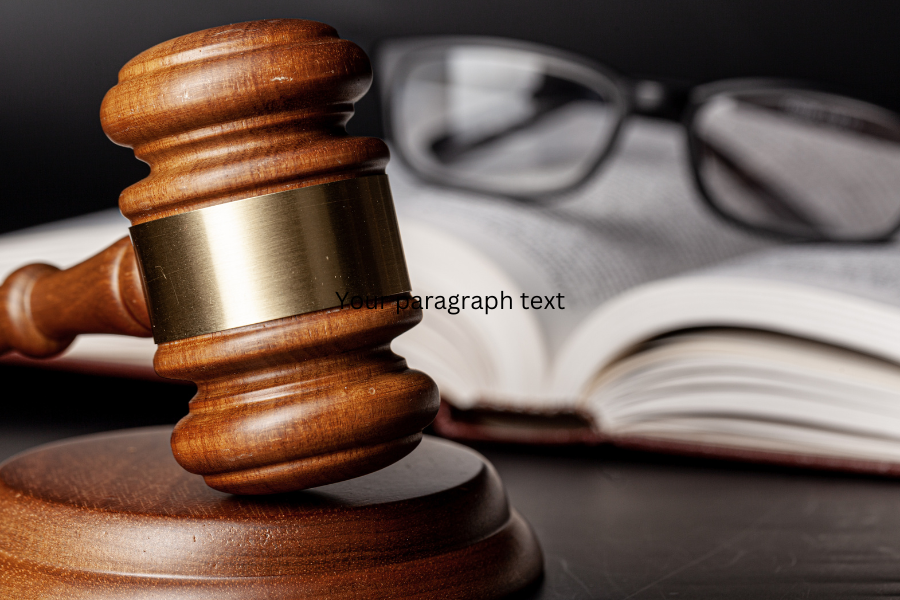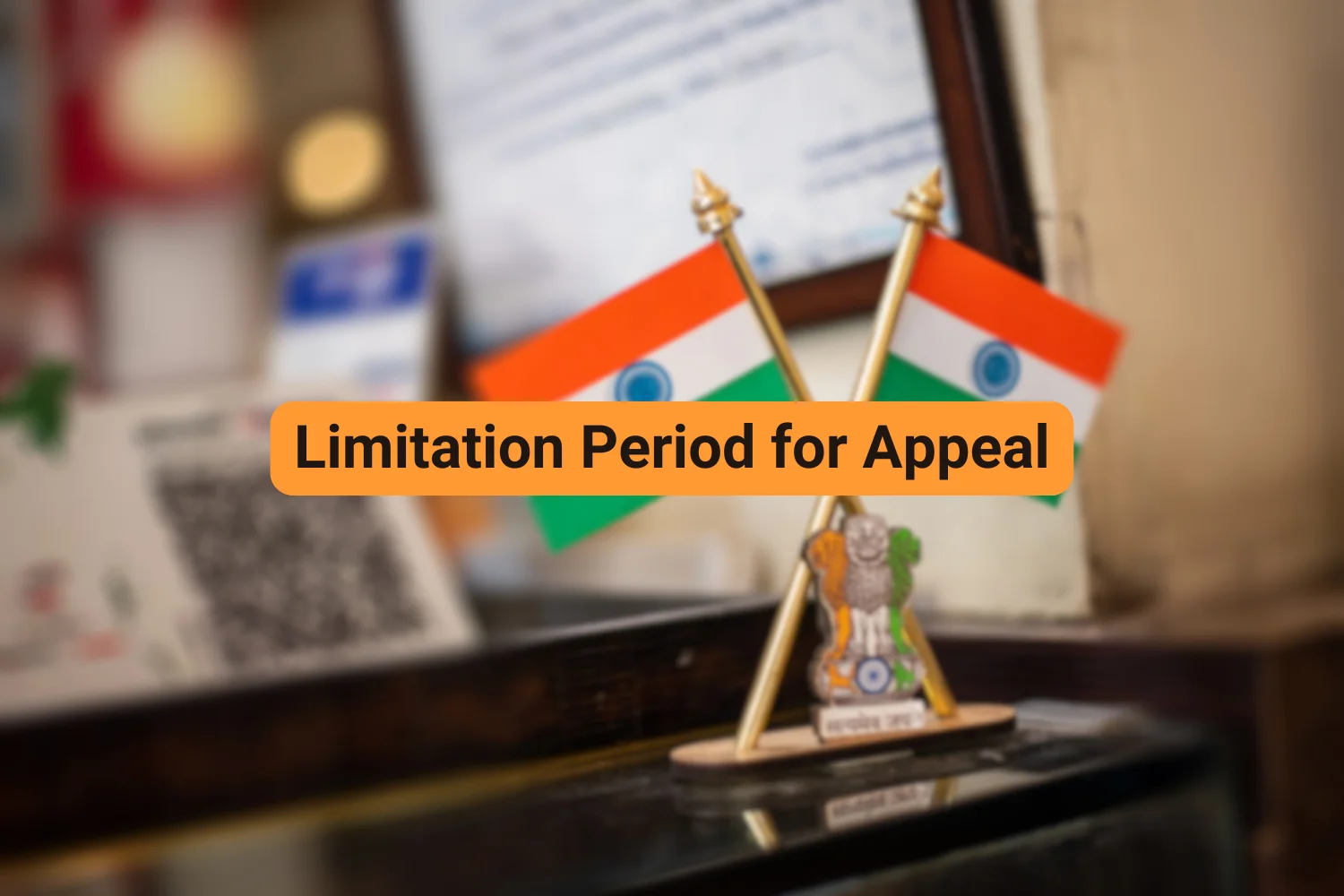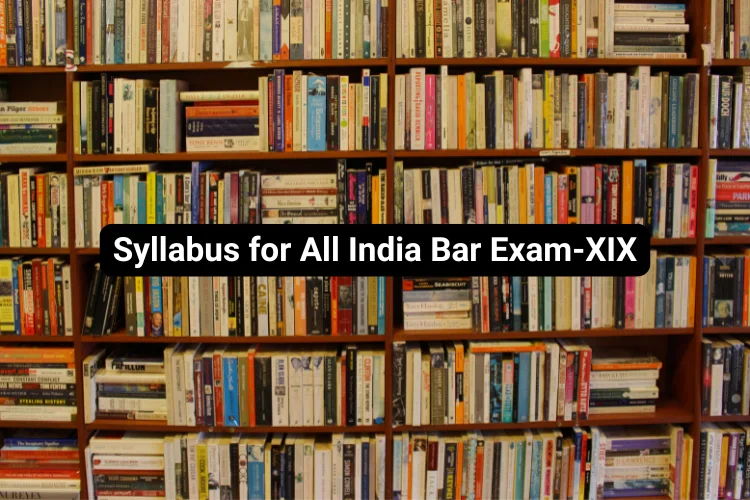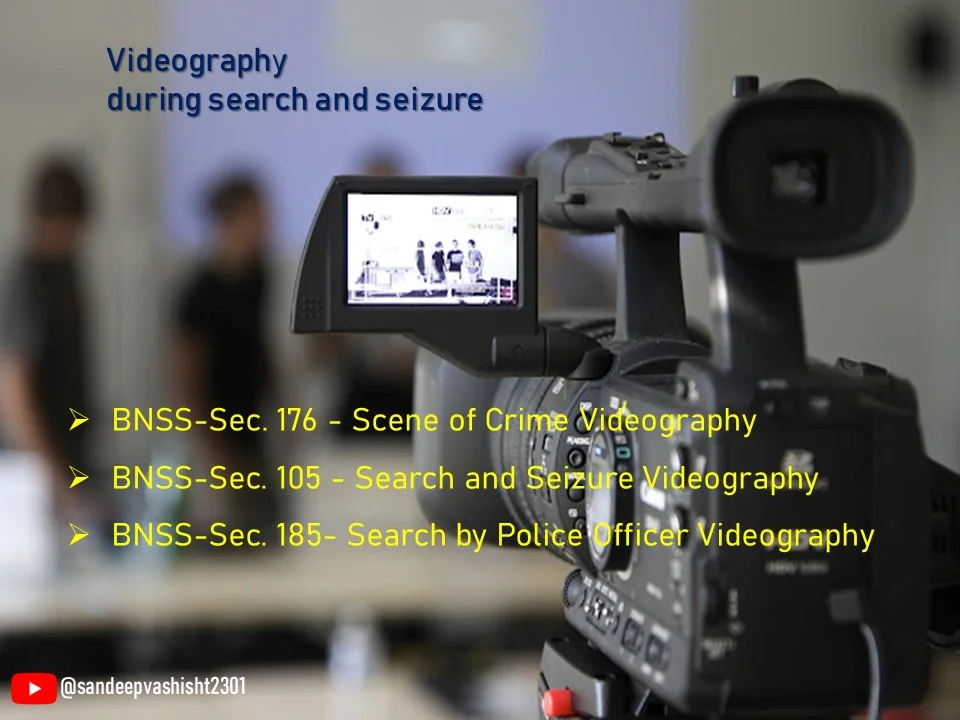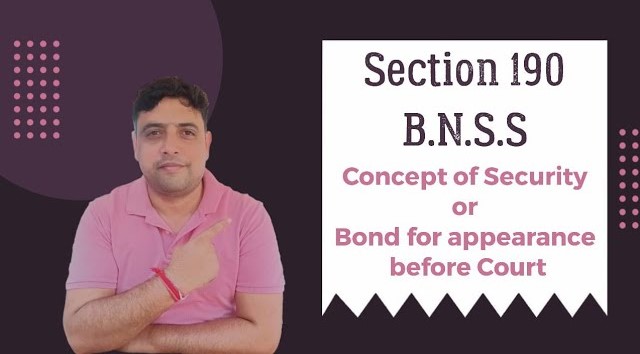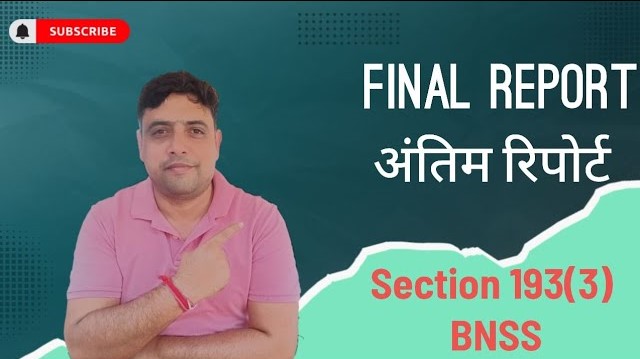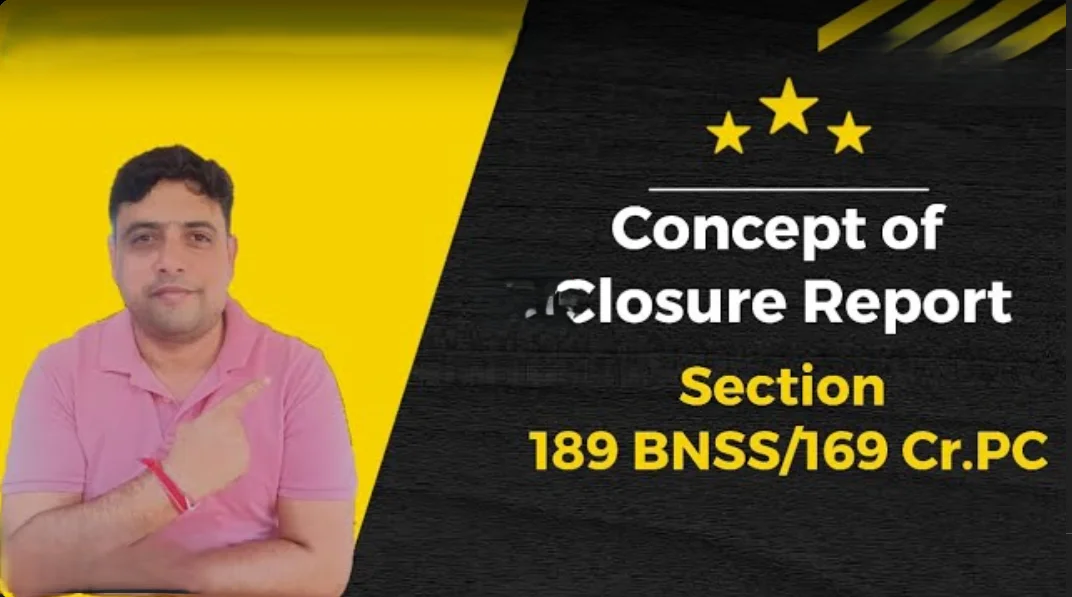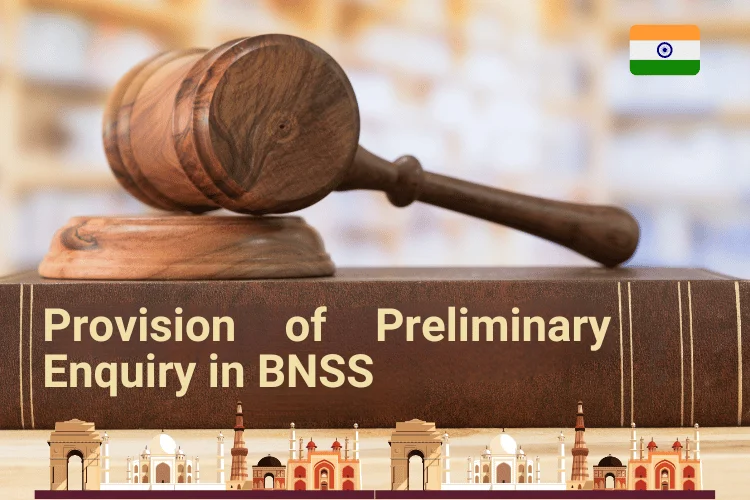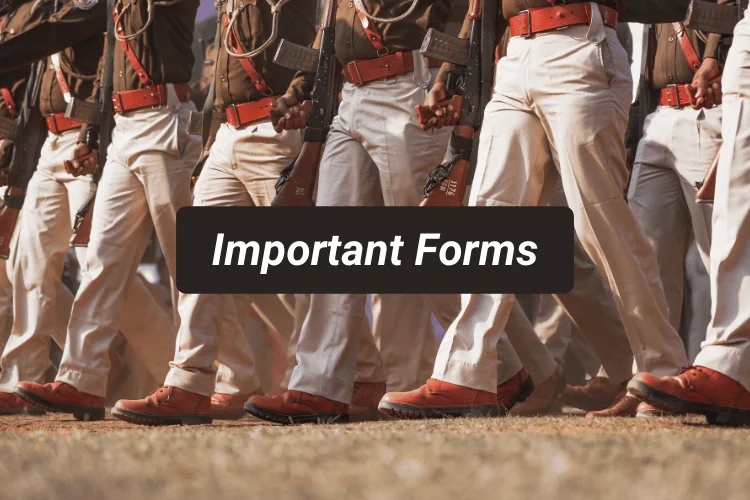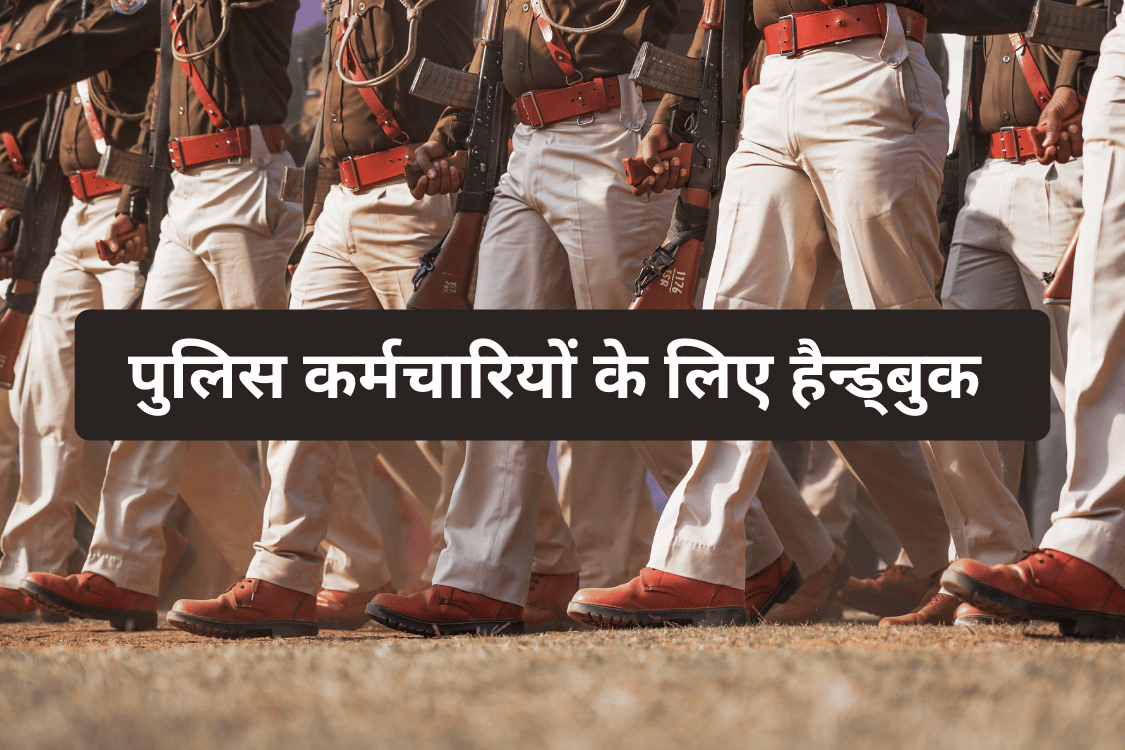RESTRICTIONS ON SENIOR ADVOCATES
INTRODUCTION
The profession of advocacy has a long history, dating back to ancient Greece and Rome. In fact, Emperor Justinian compared lawyers to soldiers, recognizing their important role in defending the empire. In India, the legal profession was established during the British era, modelled after the English system. In the 13th century, professional lawyers emerged in England, and by the end of that century, a select group of senior lawyers, known as Serjeants-at-law, enjoyed special privileges.
The same legacy continued in India with the establishment of Supreme Courts in three presidency towns by the charter 1774 and later High Courts replaced Supreme Court. Before the enactment of Advocate act 1961, senior advocates were chosen based on their experience which was 10 years and willingness to follow certain conditions. But the Advocates Act of 1961 changed this, giving the Supreme Court and High Courts the authority to designate senior advocates.
According Section 16 of the Advocates Act provides two categories:
1. Senior Advocates
2. Other Advocates

Further Section outlines as:
- This section states that an advocate can be designated as a senior advocate with his consent, if the Supreme Court or a High Court thinks he deserve it due to their:
- Ability
- Standing at the Bar
- Special knowledge or experience in law
- Senior advocates shall have to follow certain restrictions in their practice, which will be prescribed by the Bar Council of India in the interest of the legal profession.
Case Law
Adv. P.B. Saharsranaman vs Kerala High Court 2017 Kerala High Court
Advocate P.B. Sahasranaman, a lawyer with 33 years of experience, wanted to be recognized as a "senior advocate" by the Kerala High Court. He agreed to be considered for this honor in August 2014.
The High Court has a selection process where judges vote. To become a senior advocate, you need at least two-thirds of the judges present to vote for you. Unfortunately, Mr. Sahasranaman didn't get enough votes in August 2015.
He was unhappy and wanted more information about the process. He tried to get details under the Right to Information Act (RTI), but the court refused.
Mr. Sahasranaman challenged the court's decision. He argued that the selection process wasn't fair because the court:
- Didn't explain the specific reasons for not choosing him.
- Destroyed the voting papers after the selection.
- Didn't provide any information under RTI.
The court said the selection process is legal. They explained that the rules require two-thirds of the judges to vote in favor, and the judges consider an applicant's merits before voting. So, even though the court doesn't give detailed explanations or share voting information, the selection process itself is valid.
RESTRICTIONS ON SENIOR ADVOCATES
In pursuance of powers given under Sub Section (3) of section 16 , The Bar Council of India Rules, 1975, impose following restriction on Senior Advocates:
- A Senior Advocate is prohibited from:
- Filing a vakalatnama (a document authorizing an advocate to represent a client)
- Acting in any Court, Tribunal, or before any person or other authority mentioned in Section 30 of the Act
He is also prohibited from:
-
- Filing an appearance or any pleading or application in any court, tribunal, or before any person or other authority mentioned in Section 30 of the Act
- Doing any act other than pleading required or authorized by law to be done by a party in such court, tribunal, or before any person or other authority mentioned in the said Section
- Acting in person or through a recognized agent or advocate or attorney on their behalf
In essence, Senior Advocates are restricted from engaging in routine legal work, such as filing appearances, pleadings, or applications, and are expected to focus on complex and high-level legal matters.
- Appearing in Court (Section 1(a) & (b) of Bar Council of India Rules, 1975):
Senior advocates cannot appear in court alone. They require an Advocate on Record in the Supreme Court or an junior Advocate in Part II of the State Roll for any other court, tribunal, or authority. This "junior" advocate handles routine court tasks like filing paperwork and managing appearances. However, if a senior advocate was already involved in a case before these rules came into effect.
Further, Senior advocates who were briefed for prosecution or defense in a criminal case before becoming senior or before these rules can continue without a junior advocate.
- Legal Work Restrictions (Section 1(c) of Bar Council of India Rules, 1975):
- Drafting and Advice Prohibited: Senior advocates are prohibited from:
- Accepting instructions to draft legal documents like pleadings or affidavits.
- Offering advice on evidence required for the case.
- Undertaking any legal drafting work similar to the above.
- Handling conveyancing work related to property law.
- Consultation Allowed: However, they can consult with the accompanying junior advocate on these legal matters to develop an overall strategy for the case.
- Client Interaction (Section 1(d) of Bar Council of India Rules, 1975):
- No Direct Client Contact: Senior advocates cannot accept briefs or instructions directly from clients to appear in any court or legal proceeding. They must work through a registered advocate.
- Restrictions on Appeals
- Section 1(e) of Bar Council of India Rules, 1975:
- Previous Involvement Requires Additional Advocate: If a senior advocate previously worked on a case as a junior advocate, they are restricted from advising on grounds of appeal in a Court of Appeal or the Supreme Court without the assistance of another advocate as mentioned above (Advocate on Record or Advocate in Part II of the State Roll).
Rationale:
These restrictions aim to ensure that senior advocates focus their expertise on complex legal arguments and strategies, leaving the routine tasks and groundwork to junior advocates. This fosters a system where both levels of experience can contribute effectively to the legal process.
Case Laws
Brij Lal Patel v. U.P. State Agro Industrial Corporation, In this case , Justice Mishra of the Allahabad High Court established guidelines for senior advocates while dismissing a restoration application filed by a senior advocate, Sri K.P. Agrawal. The judge stated that:
-
- A senior advocate's behaviour, like Sri Agrawal's, is unbecoming and not in line with the expected conduct of a senior advocate.
- After being designated as a senior advocate, one should not file a vakalatnama (a document authorizing an advocate to represent a client) or any applications in their own handwriting.
- A senior advocate should not file pleadings, represent clients, or engage in activities that are typically handled by junior advocates.
- Instead, a senior advocate should focus on complex legal matters, and junior advocates or other counsel should handle routine tasks like filing applications.
- In this case, the petitioner could have engaged another counsel, or the earlier counsel could have filed the restoration application, with the senior advocate providing guidance and settling submissions.
In essence, the judge emphasized that senior advocates should maintain a high level of dignity and focus on complex legal work, leaving routine tasks to junior advocates.
E.S. Reddi v. Chief Secretary, Govt of A.P., In this case, the Supreme Court dismissed a Special Leave Petition and reprimanded the senior counsel for making reckless allegations and advancing arguments with undue vehemence and unwarranted passion. The Court emphasized that senior counsel has a greater responsibility and serve as a model for junior advocates. They occupy a prestigious position, akin to a Queen's counsel in England, and are conferred honour and privilege by the Chief Justice and Judges of the Court.
The Court highlighted that while senior counsel cannot draw up pleadings, they can be engaged to settle pleadings, putting them into proper and satisfactory form. This carries a greater responsibility, as improper pleadings will be attributed to the senior counsel. In this case, the arguments advanced by the senior counsel were deemed inappropriate by the Court.
The Court's decision underscores the importance of senior advocates maintaining a high level of professionalism, dignity, and responsibility in their conduct and arguments, setting an example for junior advocates and upholding the integrity of the legal profession.
Ms. Indira Jaisingh v. Supreme Court of India Case 2017 Supreme Court
This case challenged the existing system for designating senior advocates in India, In this case, The petitioner, Ms. Indira Jaising, believed the existing system lacked transparency and clear criteria on following grounds :
- Unfair: It potentially violated Articles 14, 15, and 21 of the Indian Constitution by promoting inequality and arbitrariness.
- Undemocratic: The public perception was that judges' choices were the only indicator of competence, leading to a preference for (and higher fees from) senior advocates.
Supreme Court's Response
The Supreme Court acknowledged the concerns and established a new system for designating senior advocates through the following key changes:
- Permanent Committee: A "Committee for designation of senior advocates" was formed, headed by the Chief Justice of India and including other senior judges and legal representatives.
- Standardized Process: A defined application and information gathering process was established, including factors like:
- Advocate's reputation, conduct, and integrity.
- Pro-bono work participation.
- Reported judgments and their frequency.
- Committee Review: The committee would assess each candidate based on the collected data and interviews, applying a point-based format.
- Full Court Consideration: The committee's recommendations would be presented to the Full Court of judges for final approval (usually without secret ballots).
- Review and Recall: Applications not initially successful could be reconsidered after two years. The court could also revoke a senior advocate's designation for misconduct.
- These changes aimed to create a more objective, fair, and transparent system for designating senior advocates in India.
- Additional Information
Following the court's directions, the "Supreme Court Guidelines to regulate conferment of designation of senior advocates, 2018" were published. As per Clause 8 of these guidelines the secretariat is required to invite applications from candidates seeking conferment of the designation to senior advocate twice a year (January and July).





